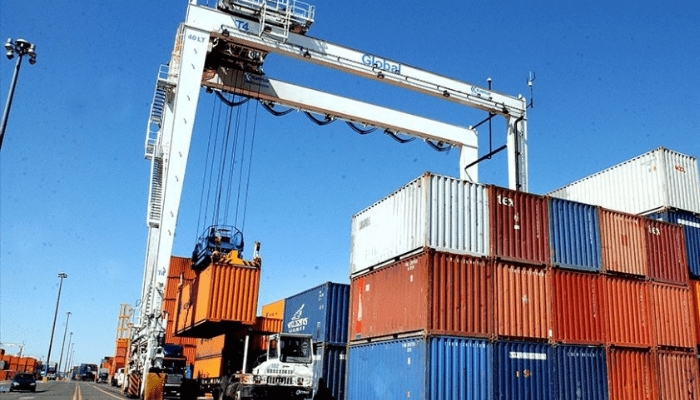Trade sector drives Nigeria’s business confidence in October
Nigeria’s trade sector emerged as the strongest performer in October 2025, boosting overall business confidence despite lingering structural and policy challenges, according to a new report.
The report, jointly produced by the Nigerian Economic Summit Group (NESG) and Stanbic IBTC Bank, revealed that the trade business performance index rose to 115.4 points in October, up from 107.6 points in September.
This expansion was the most pronounced across all sectors surveyed, underscoring trade’s growing resilience amid gradual macroeconomic stability and improved supply dynamics.
“The sector continues to leverage exchange rate stability and improved consumer sentiment to sustain activity levels. However, there is still a need for decisive policy measures to address structural bottlenecks that could derail this progress.”
The report added that at the sub-sectoral level, the wholesale segment maintained its expansion trajectory, driven by higher trading volumes and improved access to suppliers. Meanwhile, the retail segment exited the contraction zone, reaching a performance level of 102.2 points in October 2025. This rebound in retail activity reflects the gradual easing of inflationary pressures during the review period.
The BCM survey, conducted across Lagos, Abuja, and Kano, measures the sentiment of business managers across five key sectors—agriculture, manufacturing, non-manufacturing industries, services, and trade.
The Current Business Performance Index rose to 111.3 points, up from 107.9 points in September, indicating continued expansion in business activity.
The manufacturing sector also recorded a significant rebound, climbing to 111.3 points in October from 102.5 points a month earlier, buoyed by improved access to finance, stable power supply, and moderate foreign exchange fluctuations. The non-manufacturing sector grew modestly to 115.0 points, while agriculture stood at 111.4 points, aided by a bumper harvest in the crop production and agro-allied segments.
Read also: Nigeria’s trade sector falls for third consecutive year
However, the services sector showed the weakest confidence level at 111.0 points, constrained by high operational costs, weak digital infrastructure, and energy inefficiencies.
Despite short-term challenges, business sentiment for the next one to three months remained upbeat. The Future Business Expectation Index stood at 132.9 points, reflecting sustained optimism across sectors.
The trade sector once again led expectations with an impressive 170.1 points, followed by manufacturing (146.7) and non-manufacturing (146.4).
According to the report, this optimism is supported by “seasonal economic activity, ongoing policy reforms, relative exchange rate stability, and infrastructure investments.”
However, the report authors warned that if obstacles like insecurity, high rental costs, inconsistent policy, and restricted access to financing are not resolved, optimism may fade.
“Confidence without concrete reform can only take us so far,” the report disclosed. “Nigeria’s private sector has demonstrated resilience, but to unlock its full potential, we must improve access to credit, reduce the cost of doing business, and ensure policy clarity that encourages long-term investment.”

